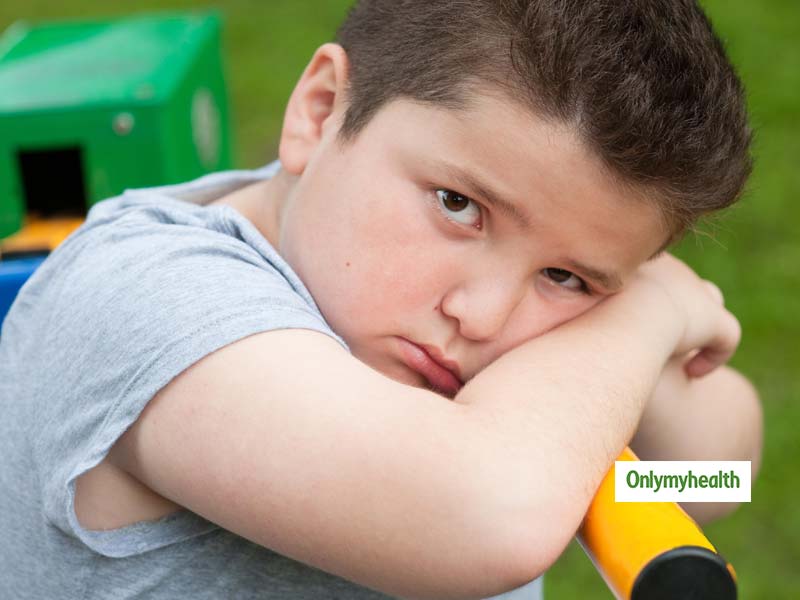
How often do we see kids playing outdoors? Irrespective of the variety of sports options available for kids to indulge in, one can see a sizeable increase in the rounder population across the world. There may be many factors to this, including increased consumption of high calorie processed food and a shift towards a sedentary lifestyle. An unhealthy lifestyle during the growing years of a child can lead to several complications. Obesity is one of the significant issues faced in today’s time. As we say that one thing leads to another, an obese child is often subjected to stressful situations in public.
Also read: Childhood Obesity: Causes and Ways to Prevent it
Subject to the situations handled by kids due to their physical appearance, itcertainly affects the mental health of the child. Research has shown that while there is no clear connection between obesity and depression, it brings with it the implications of psychological distress caused by weight-related stigma and discrimination.

Obesity and Health
There are several ailments and health problems that come with obesity in children. First and foremost, being overweight quadruples the risk of type 2 diabetes in kids. Also, erratic sleeping patterns, constant tiredness and reduced energy levels add to the woes.
Also read: Diabetes and Obesity Epidemic in Children
Not just in adults, but obesity also triggers several psychological disorders in children, including depression, eating disorders, distorted body image, and low self-esteem. If you see your child resorting to food for comfort, immediately take active steps to address your child’s cause of worry. It is best to take your child to a psychologist or a paediatrician for further investigation.
A Two-Way Link
The relationship between obesity and mental health issues is complicated. There are several theories about the association between the two. Some researchers say that obesity can lead to mental health problems in kids, while others have found them to be more prone to obesity. Several findings and mechanisms could highlight the associations between obesity and mental health:
- Both obesity and mental health disorders account for a significant proportion of the global burden of disease.
- The mental health of girls is profoundly affected by overweight and obesity than that of boys.
- The perception of being obese appears to be more predictive of psychiatric disorders than actual obesity in both adults and children.
Obesity and Reduced Psychological Well-being
It is observed that increased medical problems and mobility restrictions associated with obesity have a direct impact on the psychological well-being. It is common to see obese kids often sitting as an extra player in a team due to his/her inability to perform necessary physical activities like running, jumping, flexing, etc. Limitations like these lead to thoughts of uselessness, resentment and sadness in kids, which in turn affects their mental health.
In today’s time, when fitness and well-being go hand-in-hand, it is essential for us to guide the younger generation to cope up with issues like obesity and various mental health issues. Below are a few simple measures that can be taken by the parents to address the mental health issue:
- Motivate your child to play outdoors in the evenings
- Reduce or eliminate the usage of cell phones for kids
- Ensure a healthy diet for a healthy upbringing
- Talk to your child about his/her routine in school and at home otherwise
About the author: Dr Prakriti Poddar, the Managing Trustee of Poddar Foundation, focuses on raising awareness of mental health issues and creating preventive mental health programs
Read more articles on Children's Health.
How we keep this article up to date:
We work with experts and keep a close eye on the latest in health and wellness. Whenever there is a new research or helpful information, we update our articles with accurate and useful advice.
Current Version